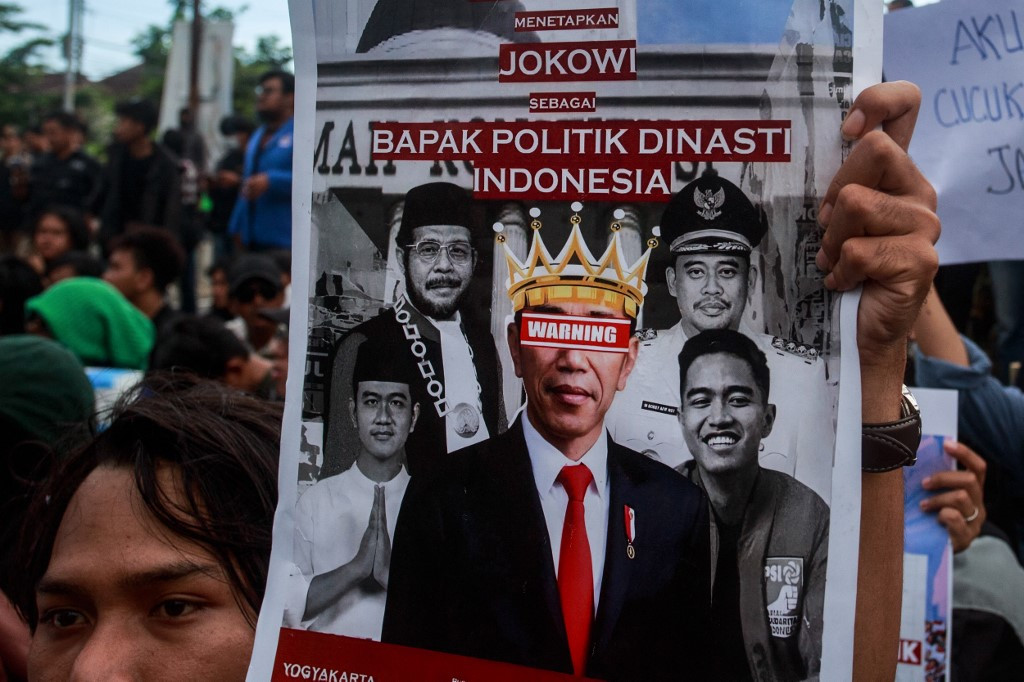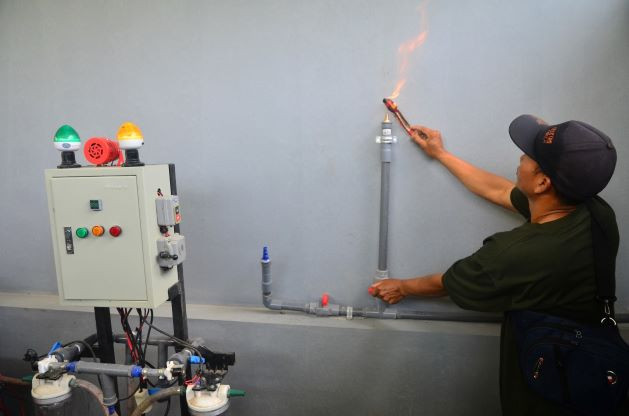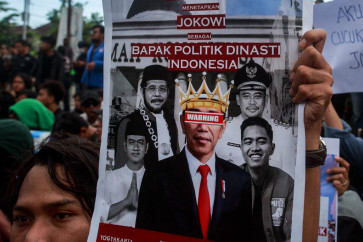Popular Reads
Top Results
Can't find what you're looking for?
View all search resultsPopular Reads
Top Results
Can't find what you're looking for?
View all search resultsThe mischief of political dynasties and the future of democracy
The basic pillar of maintaining power for a political dynasty is ensuring the validity of its rule, which means that the state apparatus is manipulated to provide democratic legitimacy.
Change text size
Gift Premium Articles
to Anyone
P
olitical dynasties are inherently against any form of criticism as they are supported by legal institutional structures that side with the ruling family and are highly difficult to remove.
The notion that political dynasties, once they are in power, will be easy to replace once approval ratings dwindle needs to be eliminated from the public’s mind. This is because the formation of a political dynasty is followed by many foundational changes that makes it easy for a member of the dynasty to attain power but severely limits others from challenging their rule.
Political dynasties do not exist in a vacuum. This article is meant to explain the ways that political dynasties, though coming to power via democratic means, hold onto power through the manipulation of legal institutional structures that are anti-democratic.
For many, the appeal of political dynasties is the potential of a stable government that produces consistent positive achievements in the long run. On the other hand, there exists this illusion that elections cannot be engineered and will always be free and democratic.
The House of Representatives’ initial reluctance to follow Constitutional Court rulings, embodied by its attempt to revise the Regional Elections Law, has been said to have sprung from a desire to enable President Joko “Jokowi” Widodo’s youngest son, Kaesang Pangarep, to run as a gubernatorial candidate in Central Java.
At the same time, the haste with which the revisions were arranged indicates the willingness of the Gerindra Party, the political vehicle of president-elect Prabowo Subianto and the de facto leader of the Onward Indonesia Cabinet (KIM), to fulfill the political interests of the Jokowi family. When the attempted revisions happened, Prabowo was away on a state visit to Australia and Papua New Guinea, seemingly missing from action and not in control.
The basic pillar of maintaining power for a political dynasty is the validity of its rule, which means that the state apparatus is manipulated to provide democratic legitimacy. To borrow from Schedler (2002), political dynasties choose to participate in regular elections so that they can be said to possess the confidence of most voters, but such dynasties nonetheless control outright the election process via the levers of power to weaken the opposition.


















